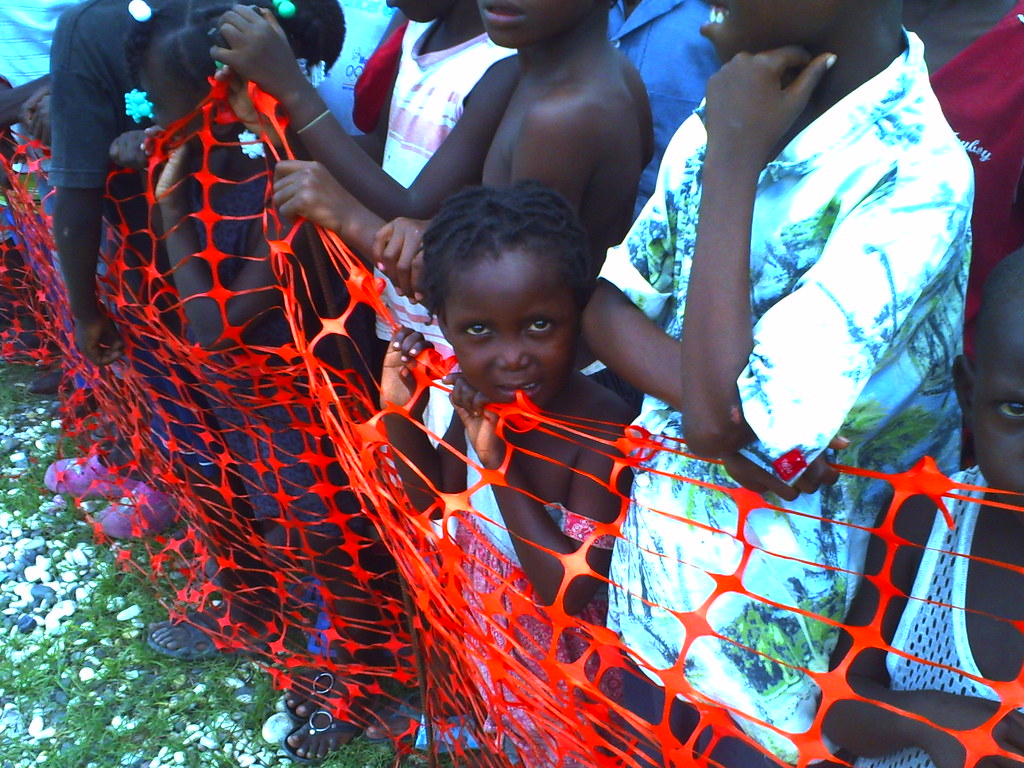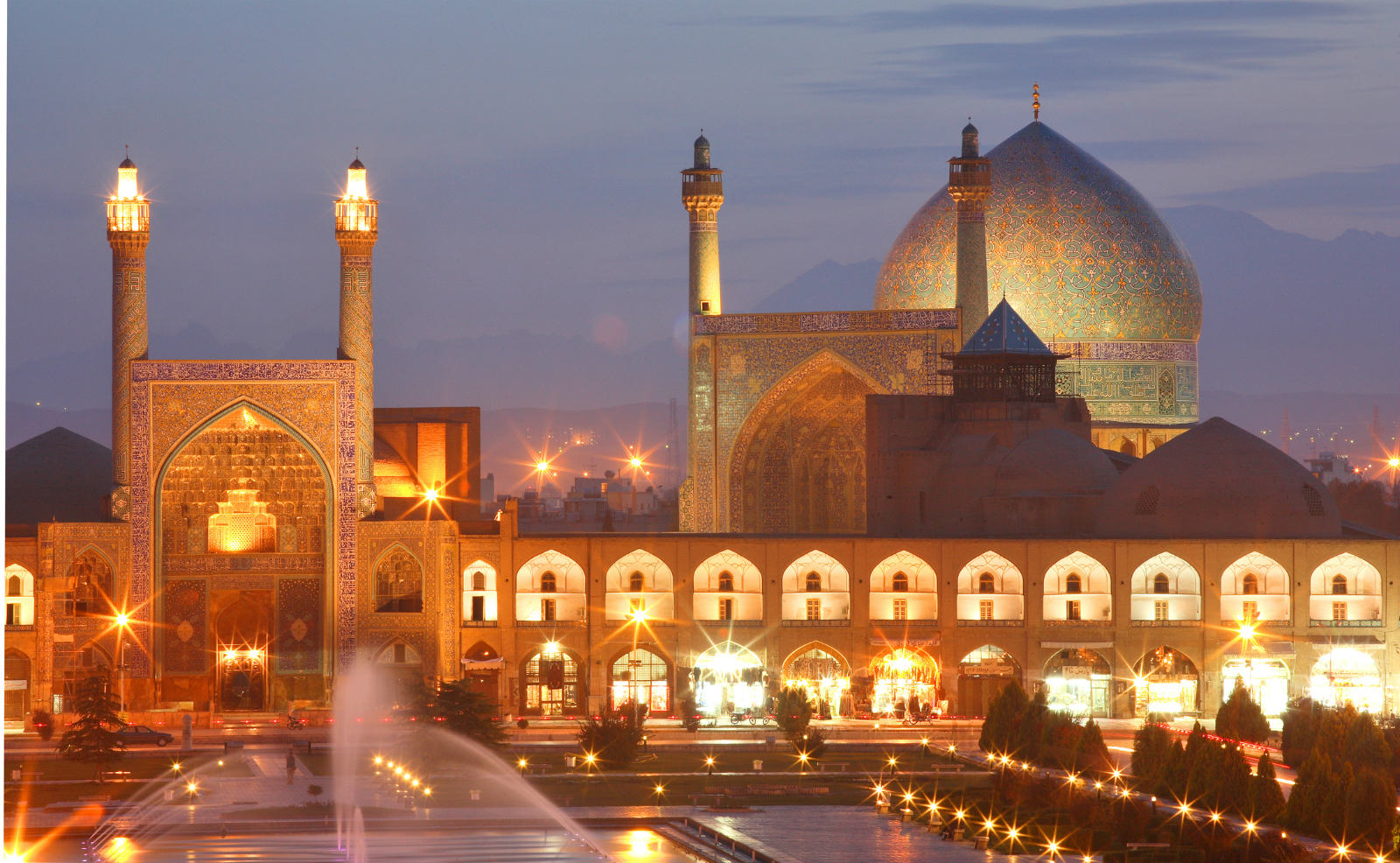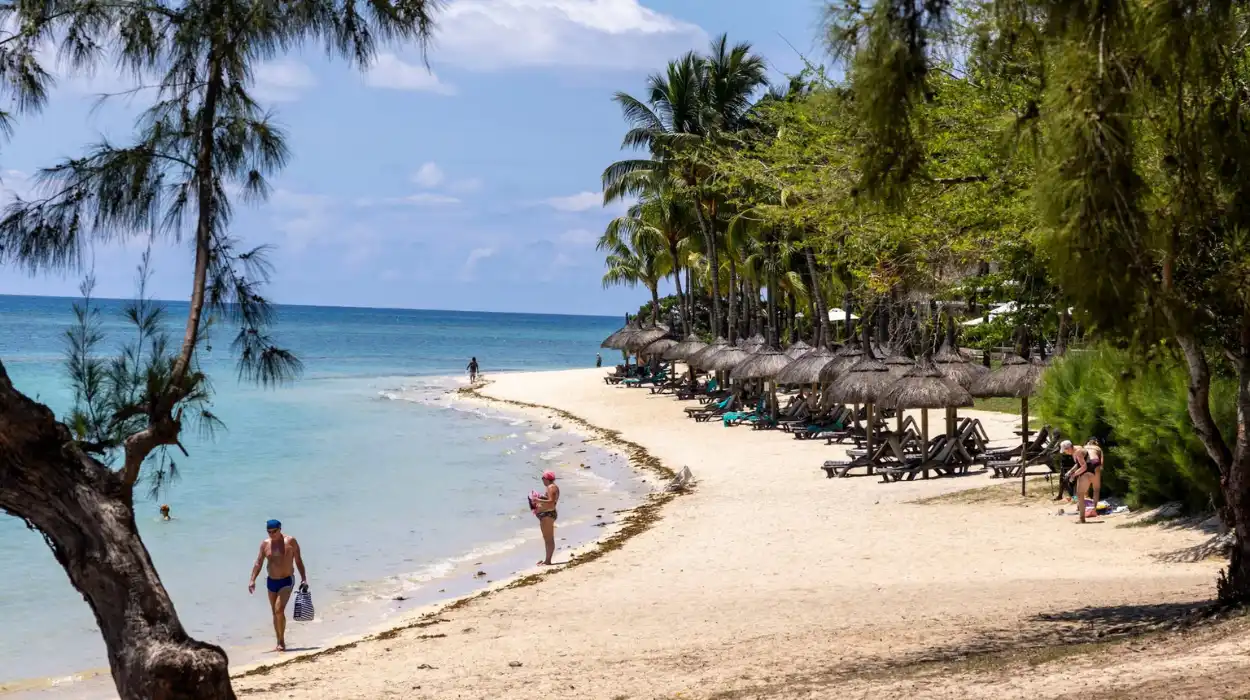
Introduction to Port au Prince
Port au Prince, the capital city of Haiti, has been a focal point of national and international attention due to its complex political, social, and economic challenges. As the heartbeat of the country, it is a place where issues like security, poverty, and infrastructure intersect, deeply impacting the lives of its residents. Understanding recent developments in Port au Prince is crucial for NGOs, government bodies, and citizens who aim to foster recovery and rebuild a stable future.
Current Challenges Facing Port au Prince
As of late 2023, Port au Prince continues to grapple with a severe security crisis driven by gang violence. The United Nations reported an alarming increase in kidnappings, with criminals targeting both locals and foreigners, urging a humanitarian response. Over 100 gangs are reportedly operating within the city, making daily life perilous and increasing the atmosphere of fear among its 1.2 million inhabitants.
Additionally, the socio-political landscape remains unstable. Following the assassination of President Jovenel Moïse in July 2021, the country has been without a stable government. Recent calls for elections have been met with uncertainty, resulting in a prolonged power vacuum that has further hindered economic development and recovery initiatives.
International Response and Humanitarian Aid
In response to the escalating crisis, various international organisations have mobilised aid efforts. The United Nations Office for the Coordination of Humanitarian Affairs (OCHA) recently launched an appeal for additional support, highlighting the urgent need for food security, healthcare, and education. Efforts are being made to address needs such as shelter and access to clean water, critically hampered by the ongoing violence and civil unrest.
Moreover, the U.S. government is assessing strategies involving possible additional support to bolster local law enforcement and aid humanitarian initiatives. The Haitian National Police have also received some backing, aiming to regain control over gang-dominated areas.
Community Resilience Amidst Adversity
Despite profound challenges, the resilience of Port au Prince residents remains palpable. Grassroots organisations are mobilising to provide services and support community initiatives, ranging from educational programmes to health outreach. Local leaders are seeking global partnerships to foster development and long-term solutions that address the root causes of instability.
Conclusion
Port au Prince stands at a pivotal moment, wrestling with significant challenges that affect its future. The outcome of ongoing humanitarian efforts, together with international support and local resilience, will be critical in shaping the path ahead. Observers remain cautiously optimistic, believing that through dedicated action and collaboration, Port au Prince can find a way to emerge from its current predicament into a more hopeful chapter.
You may also like

Key Developments and Current Events in Iran

The Role of Sports in Shaping Our Society

SEARCH
LAST NEWS
- Remembering Wendy Richard: The Promise to Co-Star Natalie Cassidy
- How Did Anglian Water Achieve an ‘Essentials’ Rating for Mental Health Accessibility?
- Shai Hope Leads West Indies in T20 World Cup Clash Against South Africa
- What We Know About Weston McKennie: Future at Juventus and Past at Leeds
- What We Know About the Upcoming Live Nation Antitrust Trial